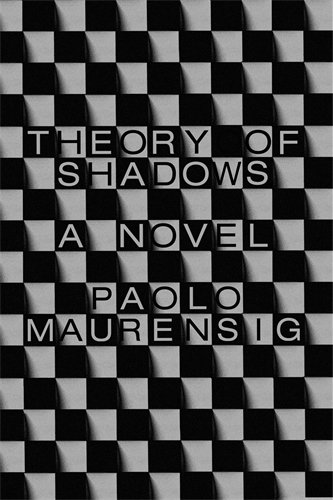Theory of Shadows
On March 24, 1946, current world chess champion, Alexandre Alekhine, is supposed to be getting ready to defend his title against a Russian challenger. But, at age 53, Alekhine lies dead in his seaside hotel room in Estoril, Portugal. Fully dressed and wearing a heavy overcoat, Alekhine appears to have been eating dinner. A local doctor soon certifies he choked on a piece of meat. The day was too hot for a heavy coat, and who would dine still wearing the coat?
Born in Moscow, handsome, married four times, master of multiple languages, widely travelled, Alekhine was caught behind enemy lines before and during World War II. To stay alive, he played for both Stalin and high-level Nazis. He drank to excess, smoked heavily, studied chess games deep into the night instead of sleeping. He suffered from angina. Did he die of a heart attack, a stroke, choking on food, murder by the KGB or partisans for his apparent sidling up to Nazis? Skeptics and chess fans have wondered.
In this fictional rendering, Maurensig recounts the chess master’s last days, interspersed with flashbacks, and sets the table for the likely explanation of Alekhine’s death. The elegant but plain prose does not feel like a translation from the original Italian. Maurensig portrays well the all-consuming addiction of high-level chess but never gets bogged down in the fog of chess moves. From the start, readers know the narrator is out to pursue the real cause of death, but that does not diminish the mysteries in this page-turner. If anything, at only about 160 pages of text, Theory of Shadows summarizes too briefly many aspects of a complicated genius in a fascinating time.










